TRUMP’S DIAGNOSIS & DIPLOMATIC RELATIONS
입력 2020.10.06 (15:19)
수정 2020.10.06 (16:47)
읽어주기 기능은 크롬기반의
브라우저에서만 사용하실 수 있습니다.
[Anchor Lead]
U.S. President Donald Trump's COVID-19 diagnosis is causing repercussions on the diplomatic landscape surrounding the Korean Peninsula. U.S. Secretary of State Mike Pompeo has postponed a visit to South Korea and Chinese Foreign Minister Wang Yi is known to have made a similar decision.
[Pkg]
Top diplomats of the U.S. and China were scheduled to visit South Korea around North Korea's ruling Workers' Party foundation day on Saturday. After President Trump was infected with covid-19, Secretary of State Mike Pompeo postponed his two-day visit to South Korea, originally slated for this Wednesday and Thursday. There are reports that Chinese Foreign Minister Wang Yi will also likely delay his trip to Seoul, which was scheduled to take place next Monday and Tuesday. A diplomatic source said Wang is moving to postpone the visit to later this month, following Pompeo's decision. Consequently, this has further shortened the odds of a so-called "October surprise" regarding the Korean Peninsula peace process, which some watchers thought might happen. There were growing expectations for such a development. The leaders of the two Koreas exchanged letters and President Moon proposed a formal end to the Korean War, leading to behind-the-scenes diplomatic contacts among concerned countries. But now it seems such a development is unlikely to happen in the near future.
[Soundbite] PARK WON-GON(PROF., HANDONG GLOBAL UNIV.) : "The U.S.' November presidential election is the largest variable. North Korea also announced a plan to hold a party convention next January, raising the possibility that the schedule of the Korean Peninsula peace process could be pushed back. Meanwhile, Pompeo will hold a four-way security meeting with his counterparts of Japan, India and Australia in Tokyo on Tuesday. Despite strong opposition from Beijing, the four countries will extensively discuss ways to strengthen security cooperation in the Indo-Pacific region as well as strategies to boost economic ties to keep China's rise in check. Some analysts say that with the visit delays, Seoul can avoid for the time being diplomatic pressure stemming from mounting tensions between Washington and Beijing. But others say the postponements may indicate the U.S. and China's policies to exclude South Korea from regional diplomatic issues, which will eventually reduce Seoul's standing in the international community."
U.S. President Donald Trump's COVID-19 diagnosis is causing repercussions on the diplomatic landscape surrounding the Korean Peninsula. U.S. Secretary of State Mike Pompeo has postponed a visit to South Korea and Chinese Foreign Minister Wang Yi is known to have made a similar decision.
[Pkg]
Top diplomats of the U.S. and China were scheduled to visit South Korea around North Korea's ruling Workers' Party foundation day on Saturday. After President Trump was infected with covid-19, Secretary of State Mike Pompeo postponed his two-day visit to South Korea, originally slated for this Wednesday and Thursday. There are reports that Chinese Foreign Minister Wang Yi will also likely delay his trip to Seoul, which was scheduled to take place next Monday and Tuesday. A diplomatic source said Wang is moving to postpone the visit to later this month, following Pompeo's decision. Consequently, this has further shortened the odds of a so-called "October surprise" regarding the Korean Peninsula peace process, which some watchers thought might happen. There were growing expectations for such a development. The leaders of the two Koreas exchanged letters and President Moon proposed a formal end to the Korean War, leading to behind-the-scenes diplomatic contacts among concerned countries. But now it seems such a development is unlikely to happen in the near future.
[Soundbite] PARK WON-GON(PROF., HANDONG GLOBAL UNIV.) : "The U.S.' November presidential election is the largest variable. North Korea also announced a plan to hold a party convention next January, raising the possibility that the schedule of the Korean Peninsula peace process could be pushed back. Meanwhile, Pompeo will hold a four-way security meeting with his counterparts of Japan, India and Australia in Tokyo on Tuesday. Despite strong opposition from Beijing, the four countries will extensively discuss ways to strengthen security cooperation in the Indo-Pacific region as well as strategies to boost economic ties to keep China's rise in check. Some analysts say that with the visit delays, Seoul can avoid for the time being diplomatic pressure stemming from mounting tensions between Washington and Beijing. But others say the postponements may indicate the U.S. and China's policies to exclude South Korea from regional diplomatic issues, which will eventually reduce Seoul's standing in the international community."
■ 제보하기
▷ 카카오톡 : 'KBS제보' 검색, 채널 추가
▷ 전화 : 02-781-1234, 4444
▷ 이메일 : kbs1234@kbs.co.kr
▷ 유튜브, 네이버, 카카오에서도 KBS뉴스를 구독해주세요!
- TRUMP’S DIAGNOSIS & DIPLOMATIC RELATIONS
-
- 입력 2020-10-06 15:19:31
- 수정2020-10-06 16:47:29
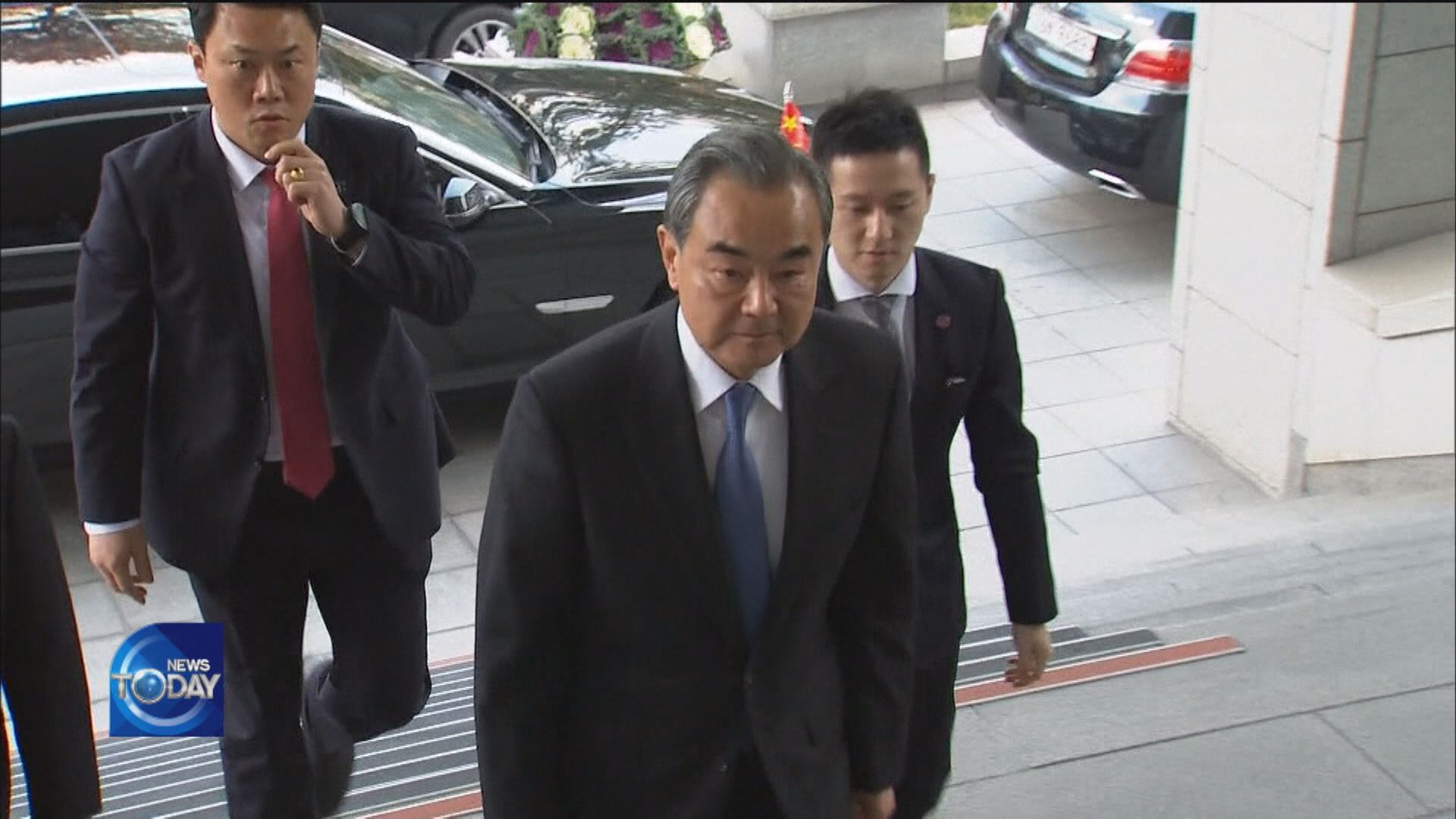
[Anchor Lead]
U.S. President Donald Trump's COVID-19 diagnosis is causing repercussions on the diplomatic landscape surrounding the Korean Peninsula. U.S. Secretary of State Mike Pompeo has postponed a visit to South Korea and Chinese Foreign Minister Wang Yi is known to have made a similar decision.
[Pkg]
Top diplomats of the U.S. and China were scheduled to visit South Korea around North Korea's ruling Workers' Party foundation day on Saturday. After President Trump was infected with covid-19, Secretary of State Mike Pompeo postponed his two-day visit to South Korea, originally slated for this Wednesday and Thursday. There are reports that Chinese Foreign Minister Wang Yi will also likely delay his trip to Seoul, which was scheduled to take place next Monday and Tuesday. A diplomatic source said Wang is moving to postpone the visit to later this month, following Pompeo's decision. Consequently, this has further shortened the odds of a so-called "October surprise" regarding the Korean Peninsula peace process, which some watchers thought might happen. There were growing expectations for such a development. The leaders of the two Koreas exchanged letters and President Moon proposed a formal end to the Korean War, leading to behind-the-scenes diplomatic contacts among concerned countries. But now it seems such a development is unlikely to happen in the near future.
[Soundbite] PARK WON-GON(PROF., HANDONG GLOBAL UNIV.) : "The U.S.' November presidential election is the largest variable. North Korea also announced a plan to hold a party convention next January, raising the possibility that the schedule of the Korean Peninsula peace process could be pushed back. Meanwhile, Pompeo will hold a four-way security meeting with his counterparts of Japan, India and Australia in Tokyo on Tuesday. Despite strong opposition from Beijing, the four countries will extensively discuss ways to strengthen security cooperation in the Indo-Pacific region as well as strategies to boost economic ties to keep China's rise in check. Some analysts say that with the visit delays, Seoul can avoid for the time being diplomatic pressure stemming from mounting tensions between Washington and Beijing. But others say the postponements may indicate the U.S. and China's policies to exclude South Korea from regional diplomatic issues, which will eventually reduce Seoul's standing in the international community."
U.S. President Donald Trump's COVID-19 diagnosis is causing repercussions on the diplomatic landscape surrounding the Korean Peninsula. U.S. Secretary of State Mike Pompeo has postponed a visit to South Korea and Chinese Foreign Minister Wang Yi is known to have made a similar decision.
[Pkg]
Top diplomats of the U.S. and China were scheduled to visit South Korea around North Korea's ruling Workers' Party foundation day on Saturday. After President Trump was infected with covid-19, Secretary of State Mike Pompeo postponed his two-day visit to South Korea, originally slated for this Wednesday and Thursday. There are reports that Chinese Foreign Minister Wang Yi will also likely delay his trip to Seoul, which was scheduled to take place next Monday and Tuesday. A diplomatic source said Wang is moving to postpone the visit to later this month, following Pompeo's decision. Consequently, this has further shortened the odds of a so-called "October surprise" regarding the Korean Peninsula peace process, which some watchers thought might happen. There were growing expectations for such a development. The leaders of the two Koreas exchanged letters and President Moon proposed a formal end to the Korean War, leading to behind-the-scenes diplomatic contacts among concerned countries. But now it seems such a development is unlikely to happen in the near future.
[Soundbite] PARK WON-GON(PROF., HANDONG GLOBAL UNIV.) : "The U.S.' November presidential election is the largest variable. North Korea also announced a plan to hold a party convention next January, raising the possibility that the schedule of the Korean Peninsula peace process could be pushed back. Meanwhile, Pompeo will hold a four-way security meeting with his counterparts of Japan, India and Australia in Tokyo on Tuesday. Despite strong opposition from Beijing, the four countries will extensively discuss ways to strengthen security cooperation in the Indo-Pacific region as well as strategies to boost economic ties to keep China's rise in check. Some analysts say that with the visit delays, Seoul can avoid for the time being diplomatic pressure stemming from mounting tensions between Washington and Beijing. But others say the postponements may indicate the U.S. and China's policies to exclude South Korea from regional diplomatic issues, which will eventually reduce Seoul's standing in the international community."
이 기사가 좋으셨다면
-
좋아요
0
-
응원해요
0
-
후속 원해요
0










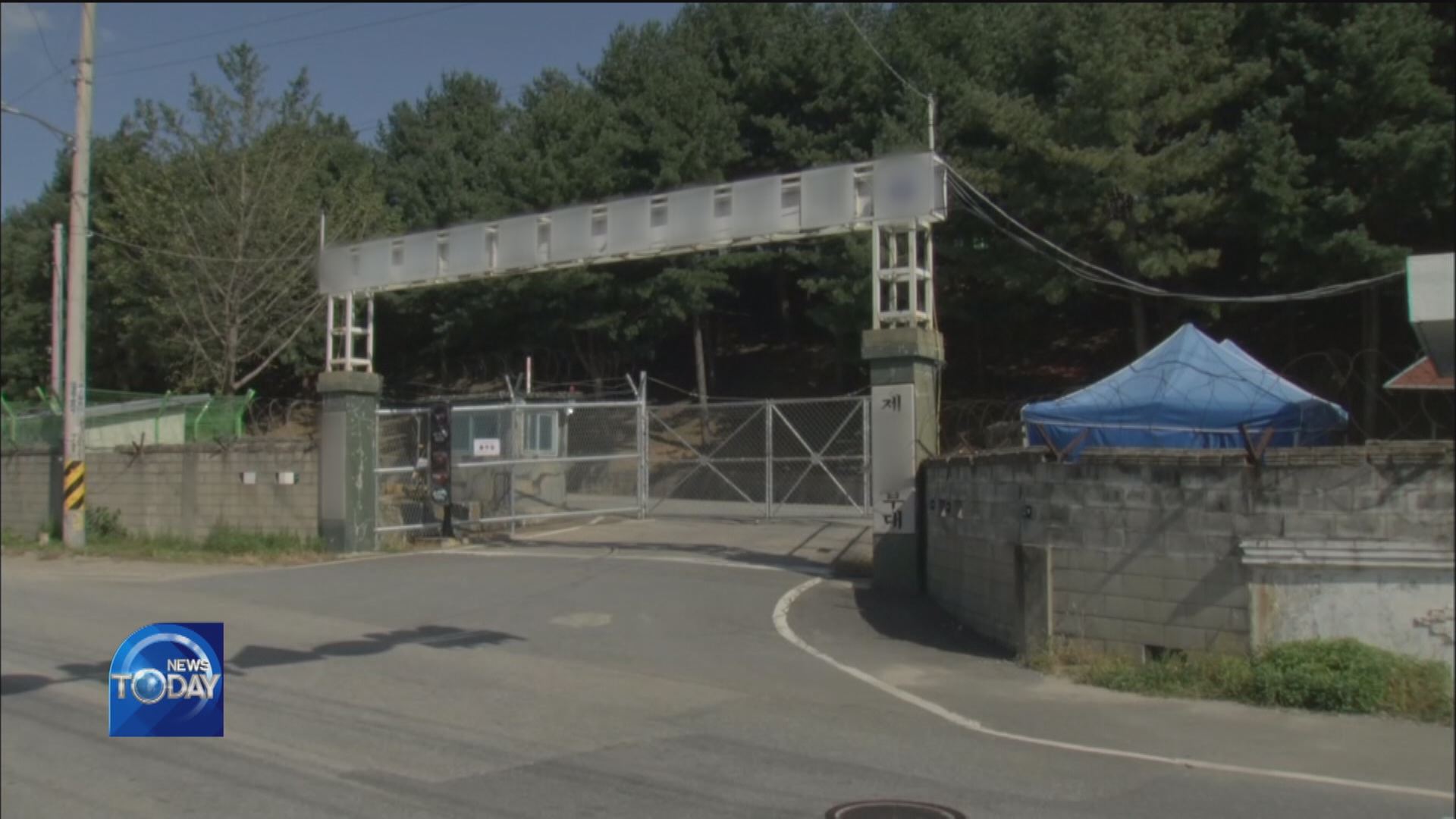
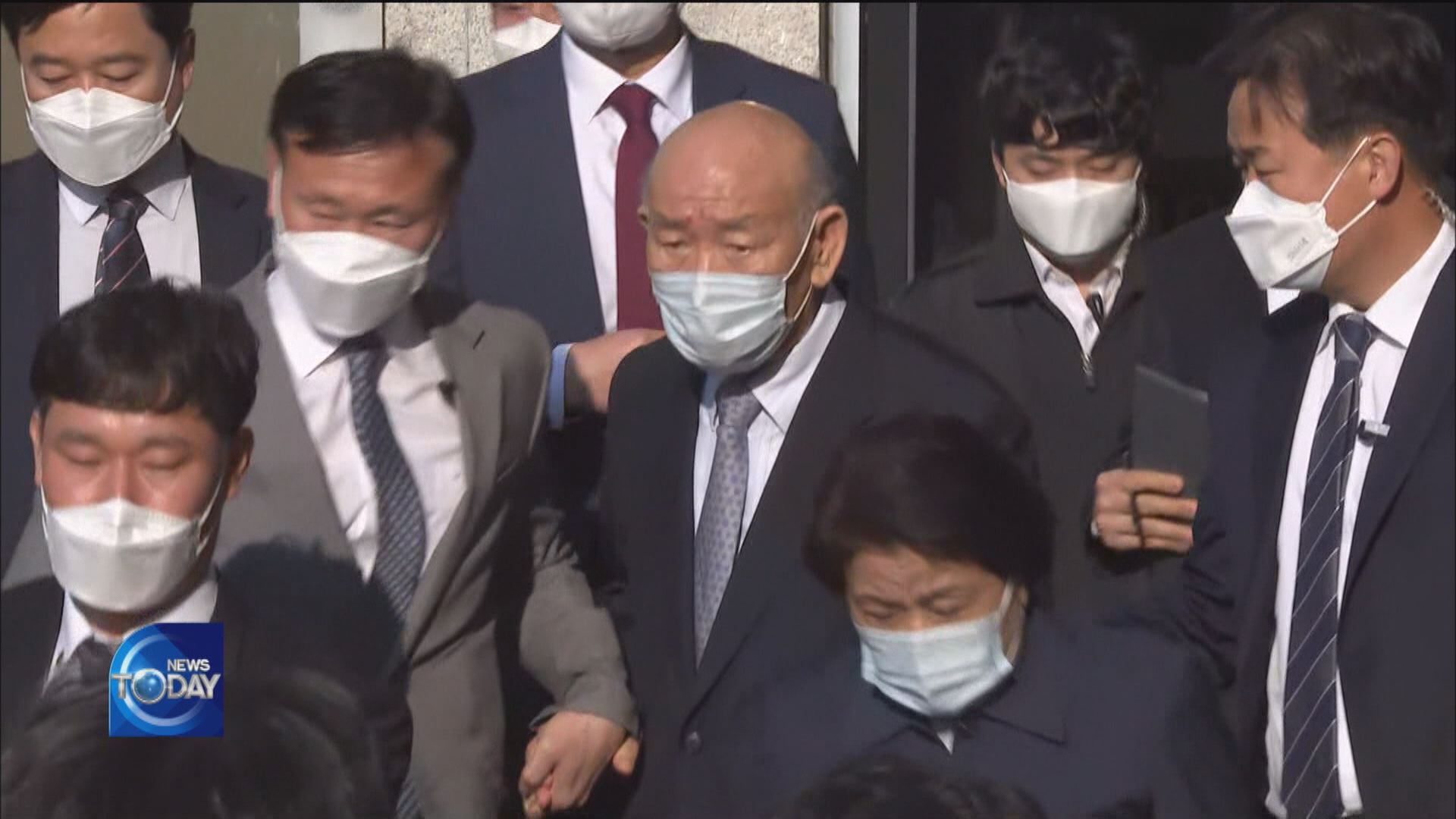
![[속보] 내란 특검, 유상임 과기정통부 장관 오후 3시<br> 30분 소환](/data/layer/904/2025/07/20250702_c8odrT.jpg)
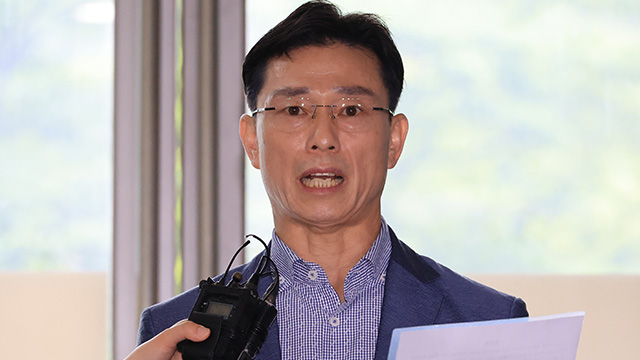
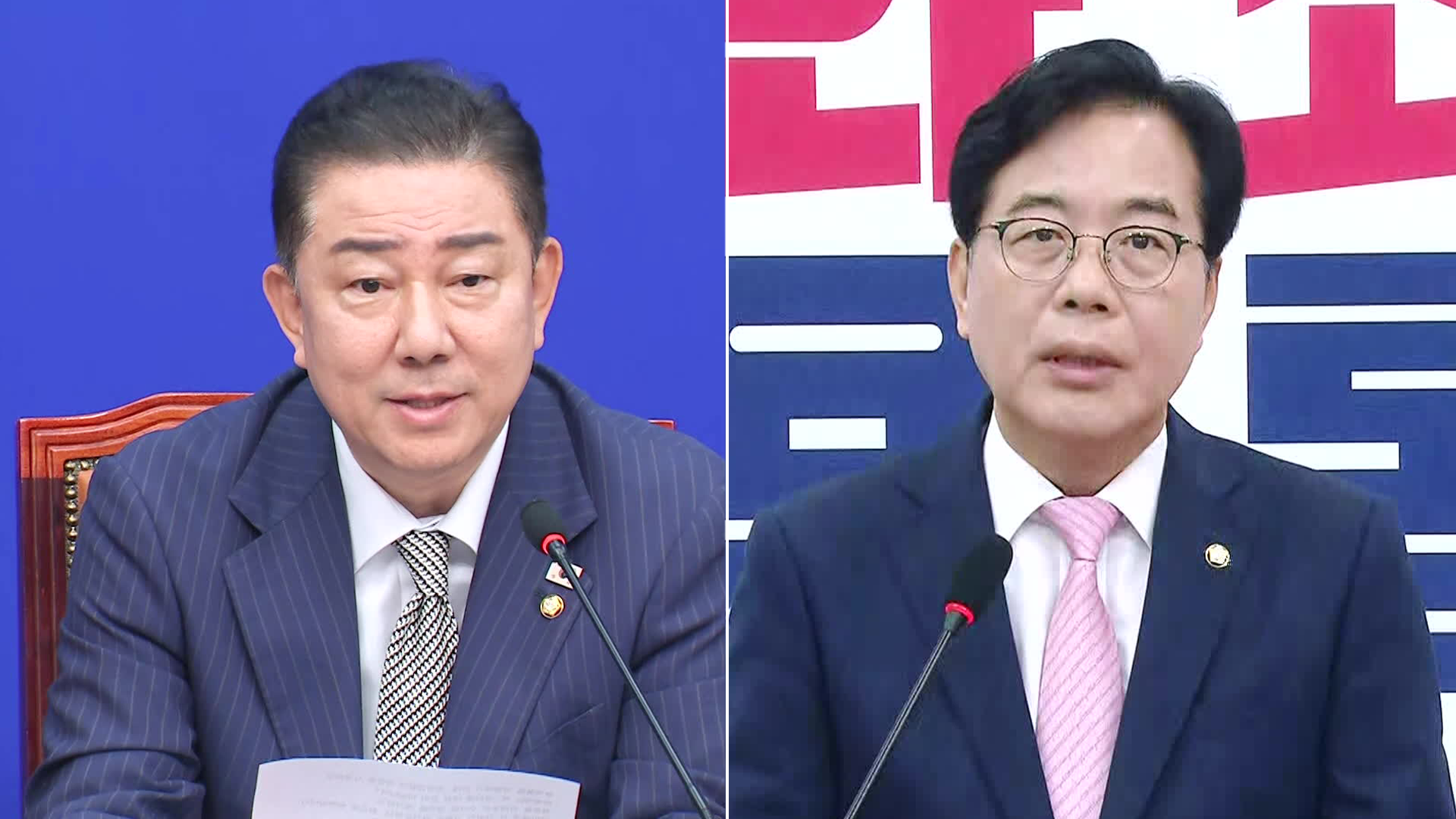


이 기사에 대한 의견을 남겨주세요.